Preventive Healthcare
Zinc Deficiency - Signs, Symptoms, Causes, Diagnosis & Treatment
3070 Views
0
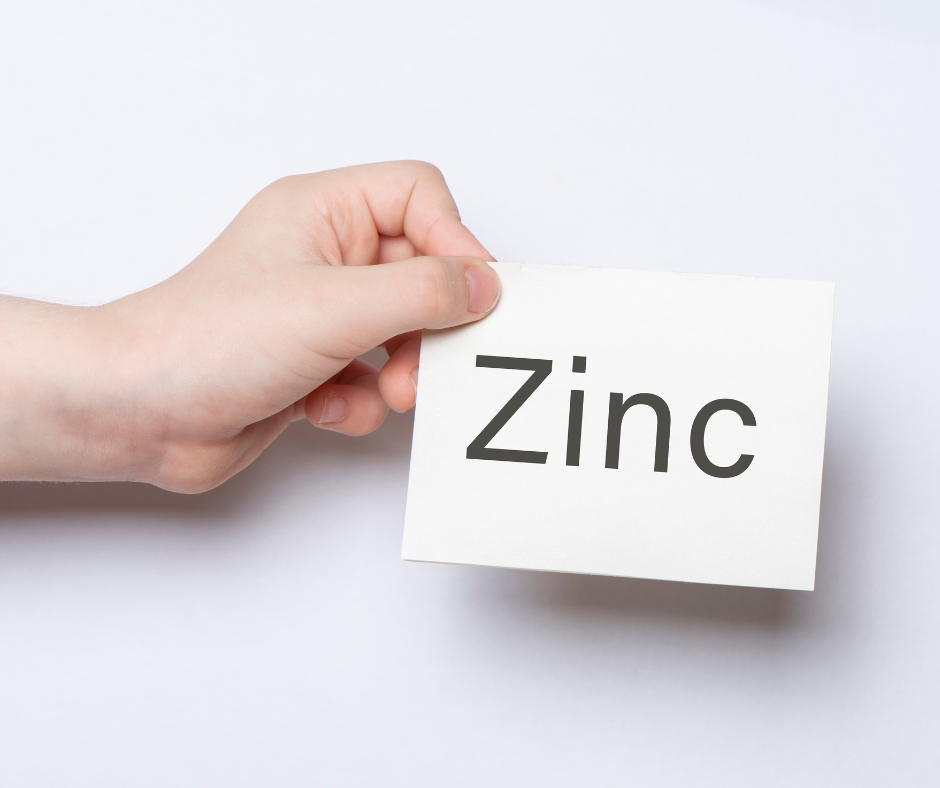
Zinc is an essential micronutrient for the body, it has a variety of roles in lipid, protein, nucleic acid metabolism and gene transcription. It has an extensive role in immune function, wound repair and reproduction. Zinc deficiency is a major health issue around the world and has been designated as a major disease-contributing factor by the World Health Organization.
What Is Zinc Deficiency?
The amount of zinc in the body depends on how much zinc you consume in your diet. It is a necessary mineral for healthy skin and growth. A lot of zinc consumed in your daily diet is not absorbed. Zinc deficiency is common among persons having a diet rich in fibre and phytate (found in whole-grain bread, bran, soybeans, legumes, nuts and beans) as it can reduce zinc absorption. Reduced absorption of zinc can result in a low concentration of zinc in the blood, which results in zinc deficiency.
Symptoms of Zinc Deficiency
The symptoms of zinc deficiency largely depend on the role that zinc plays in the body. Common zinc deficiency symptoms can include
- Slower than expected growth
- Poor functioning of the immune system
- Loss of appetite
A severe deficiency of zinc in the human body can cause serious symptoms like
- Diarrhoea
- Delayed sexual maturity
- Lesions on skin and eyes
- Lethargy
- Hair loss
- Reduced wound healing
- Unexplained weight loss
- Funny taste sensation
In addition to these, males may experience hypogonadism and impotence when their body does not produce enough of the male sex hormone testosterone.
Causes of Zinc Deficiency
Globally there are around 1.1 billion people who suffer from zinc deficiency because of inadequate dietary intake. However, there are three main reasons why an individual may experience zinc deficiency, which are
- Not enough consumption of zinc in your diet
- Loss of excess amounts of zinc due to poor absorption
- Chronic health conditions like alcohol addiction, celiac disease, cancer, chronic kidney disease, chronic liver disease, diabetes, sickle cell disease, pancreatic disease, ulcerative colitis, Crohn's disease and chronic diarrhoea
Zinc Deficiency Due to Vegetarianism
The body is able to break down zinc in meat more efficiently, which is why vegetarians are known to have low levels of zinc. While vegetarians may think of legumes, beans, nuts, soybeans and other whole grain food products as healthy as they should, these are also foods that are high in phytates that impair your body's ability to absorb zinc by binding to it.
Zinc Deficiency and Age
Older individuals may be at risk of zinc deficiency as they do not eat a variety of foods. Some medications also facilitate the release of zinc in the body.
There are also rare medical disorders like acrodermatitis enteropathica that can affect your body's ability to absorb zinc.
Diagnosis
A doctor usually suggests a blood or urine test to check the levels of zinc in the body. As the levels of zinc in the blood are usually low your doctor may also ask you questions about your dietary intake and take a full health history to ensure you are eating a variety of foods and consuming enough calories to rule out zinc deficiency as the underlying cause of your issues.
Treatment of Zinc Deficiency
The first step towards the treatment of zinc deficiency is making changes in your diet. You will have to consider adding more rich sources of zinc such as
- Oysters
- Red meats like mutton
- Poultry
- Seeds
- Wheat germ
- Wild rice
Vegetarians may find it harder to get the required amount of zinc you need from food. If you are a vegetarian, it is best to include baked beans, peas, cashews and almonds in your diet as alternative sources of zinc.
Supplements
In the case of a severe zinc deficiency, your doctor may prescribe zinc supplements to treat the symptoms right away. Zinc is one of the main nutrients found in multivitamins and can also be present in some types of cold medicine, which should only be taken when you have a cold. Zinc can also be taken by itself but be careful while consuming these as it can sometimes interact with antibiotics, diuretics and arthritis medication.
When to Speak to Your Doctor
Zinc deficiency is not considered to be an emergency in most cases. However, if you are pregnant or breastfeeding, it is important to address the risk of zinc deficiency in the early stages as Zinc is an essential nutrient for the healthy development of the baby in the womb.
You should also consult your doctor if you are already deficient and have experienced diarrhoea for the last few days. Zinc is a mineral that is necessary for fighting off intestinal infections, if you do not have enough of this mineral your condition may worsen.
Other reasons why you should contact your doctor is if you
- Have sudden nausea or dizziness
- Experience headaches that do not seem to be going away
- Experience unconsciousness
Final Take
Although rare zinc deficiency is a serious condition that can be reversed with simple changes in your diet or with supplementation. Those who experience zinc deficiency need to be more mindful of what they are eating and address their problem proactively. Metropolis labs can help you conduct regular blood tests to ensure that you do not have any nutrient deficiency, and if you do, you are in a better place to treat it when caught at an early stage.








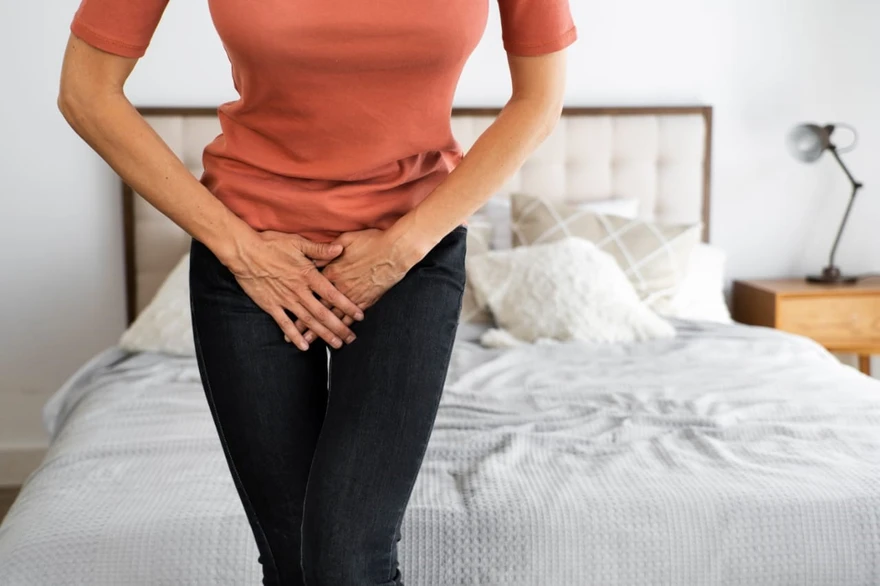
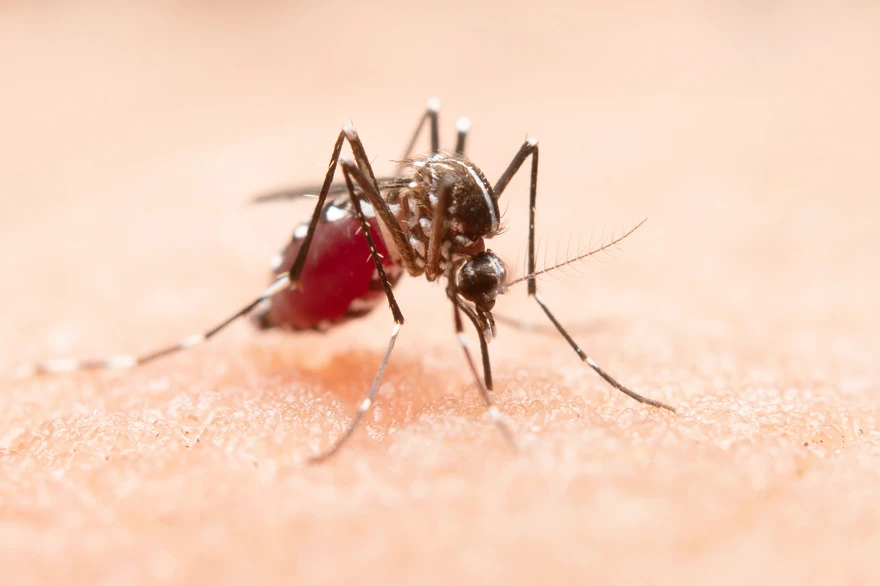
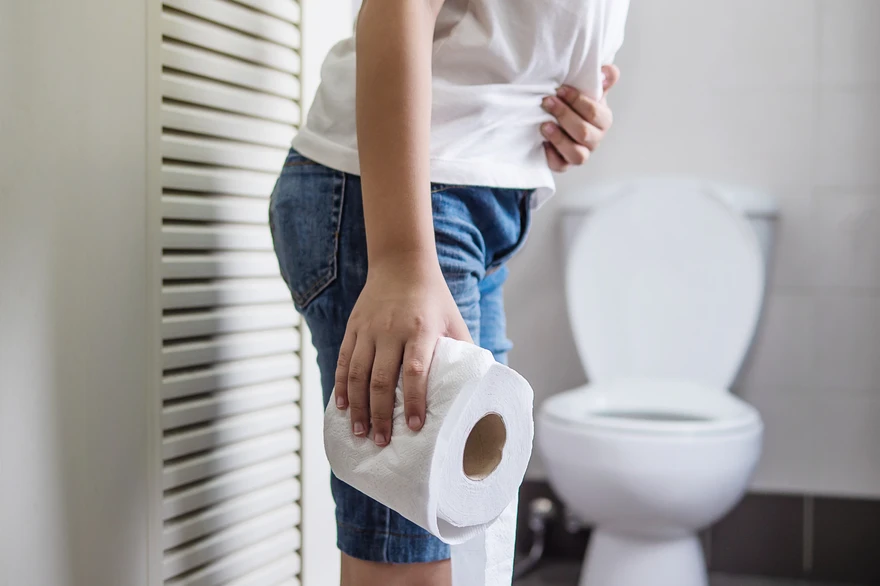

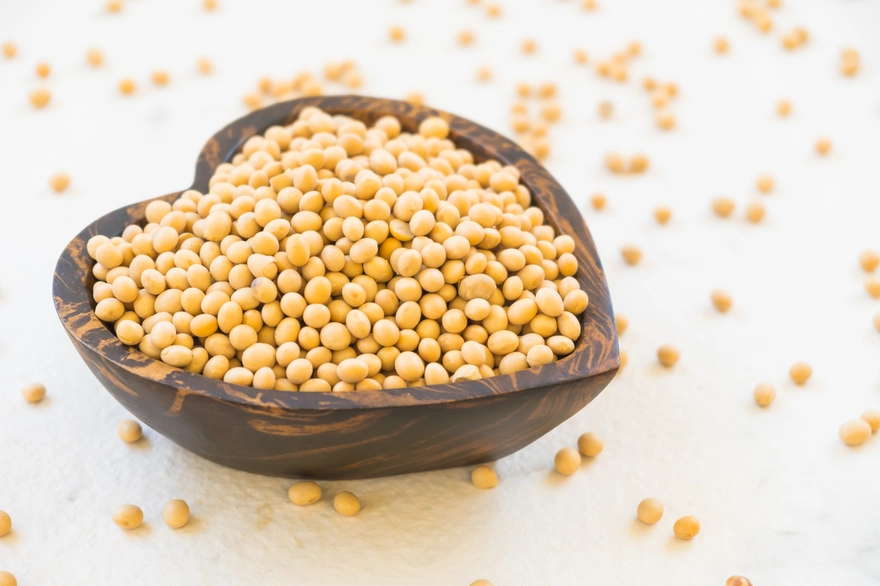










 WhatsApp
WhatsApp